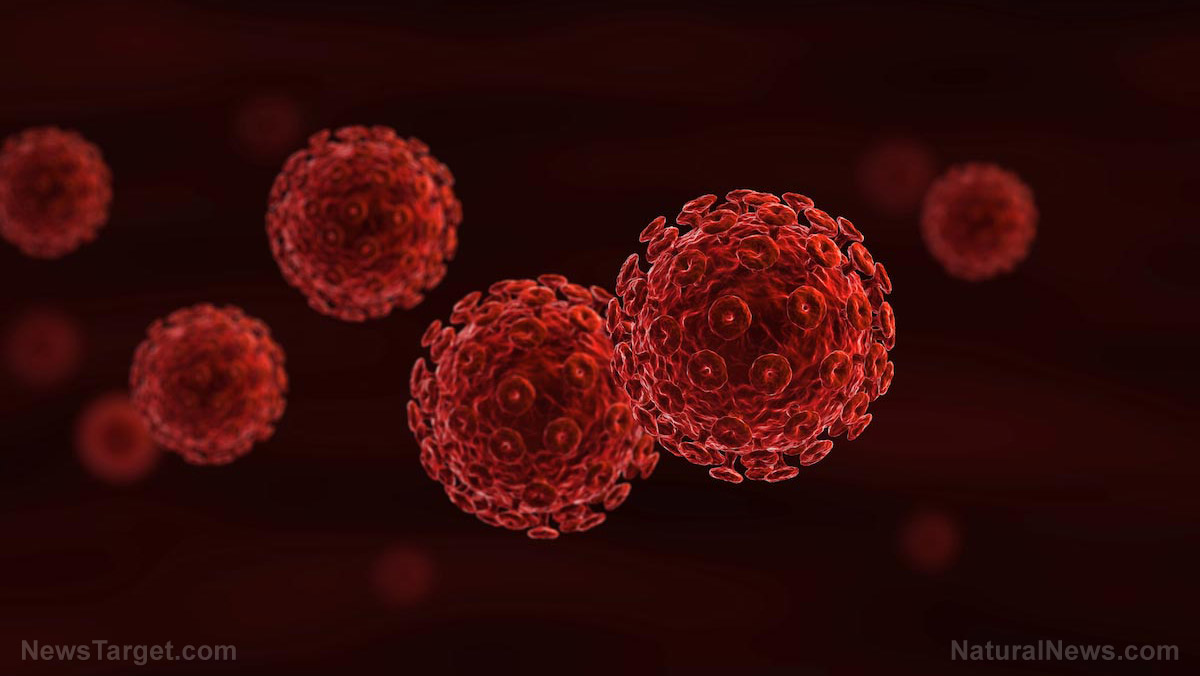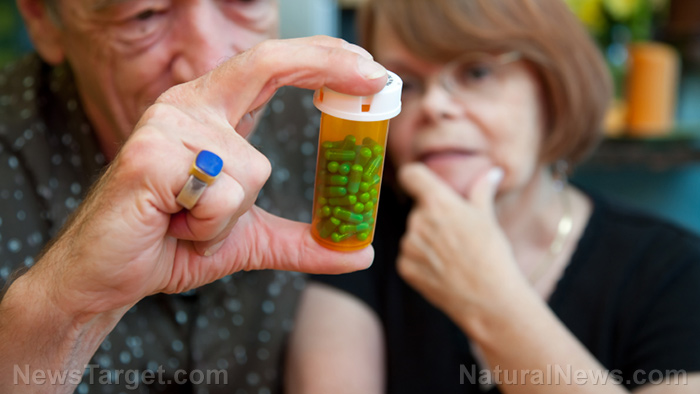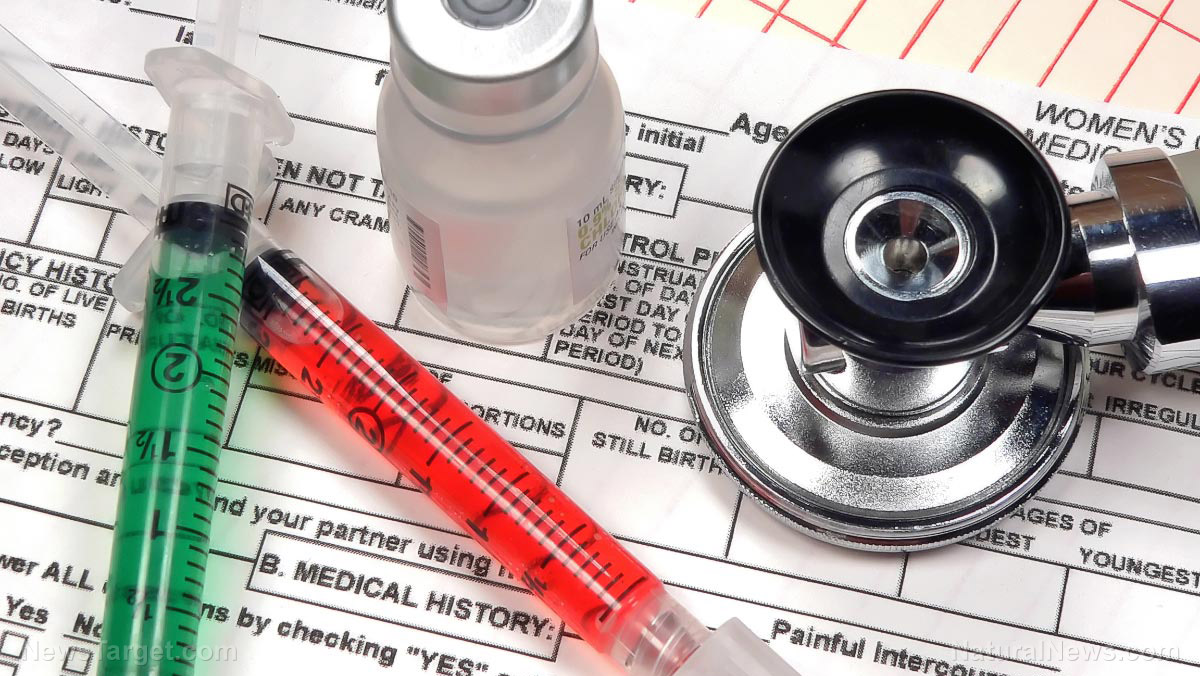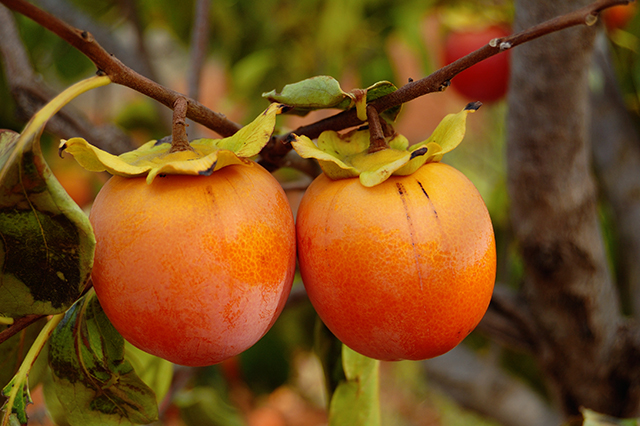What happens when you don’t have the right gut microbes to digest the nutrients in your food?
05/21/2018 / By David Williams

Gut bacteria aid in the proper digestion of pretty much any type of food. And the right gut bacteria are necessary for all kinds of different natural processes to occur. If they are not present, then it could lead to problems. For example, inflammatory bowel diseases (IBD) could happen, though the underlying reasons for this are still unclear to experts. Now there’s a researcher that has finally started to look more into it.
The researcher is named Dr. Alberto Caminero Fernandez, and he is a post-doc fellow at the Farncombe Family Digestive Health Research Institute of McMaster University. He has just won a grant to study the relationship between conditions like IBD and the food-microbe interactions in the human stomach. He is receiving this through the Biocodex Microbiota Foundation in order to explore the actual role of microbiota in dietary tryptophan, and its implications for IBD and other conditions.
Dr. Fernandez has a working hypothesis, and it’s centered around tryptophan. In particular, he thinks that this amino acid – which is present in many different types of foods like cheese, eggs, red meat, and yogurt – gets metabolized by bacteria present in the gut. This, in turn, leads to the production of molecules that are beneficial to human health.
In his view, his work consists of trying to find which microbes play a role in the actual processes. “My goal is to identify gut microbes involved in this metabolic process” he explained, “as this information could help us develop treatment options for intestinal inflammatory disorders.”
The power of the elements: Discover Colloidal Silver Mouthwash with quality, natural ingredients like Sangre de Drago sap, black walnut hulls, menthol crystals and more. Zero artificial sweeteners, colors or alcohol. Learn more at the Health Ranger Store and help support this news site.
It’s worth noting that the grant Dr. Fernandez is being furnished by the Biocondex Microbiota Foundation, which is an organization that was founded by the France-based global pharmaceutical company Biocondex. The company itself has a number of different supplement and drug products that are available all over the world, but in the U.S., it has a subsidiary called Biocondex North America in operation. It only sells Florastor, a probiotic dietary supplement, which is made out of Saccharomyces boulardii lyo CNCM I-745.
Dr. Fernandez knows the factors that need to be considered to get everything right in his study, owing to his vast experience in his field. Throughout his career, it is said that he has studied the role of gut bacteria closely as a huge environmental factor to gluten in celiac disease. He also has a lot of previous studies to work with. (Related: Healthy gut bacteria can protect you from just about ANY age-related disease, new study finds.)
In particular, there was one review that was published one summer ago in the Journal of Inflammation Research, and it revealed that there was “considerable promise” in the successful manipulation of the gut microbiome in order to treat two separate forms of IBD.
Meanwhile, there’s also a separate study that was done and published in 2016, which focuses specifically on tryptophan microbial metabolites. Dr. Fernandez stated that, “the group of Dr. Harry Sokol in France has recently published a paper in Nature Medicine,” and that it shows one thing quite clearly: that host genes can affect the composition as well as the function of gut microbiota. This is said to alter the production of tryptophan microbial metabolites and intestinal inflammation.
For his part, Dr. Fernandez plans to use a different approach. In his own words, his study will be focused on identifying microbes that are present in the human gut and involved in the production of tryptophan metabolites “in order to exploit them therapeutically in the future.” One of his objectives is to understand the basics of bacterial-diet interactions and come up with a method of preventing harmful conditions if possible.
Learn more about the effects of bacteria in your gut to your overall nutrition in Nutrients.news.
Sources include:
Tagged Under: gut bacteria, gut microbes, IBD, Microbes, microbiota, nutrients, stomach, tryptophan, tummy




















